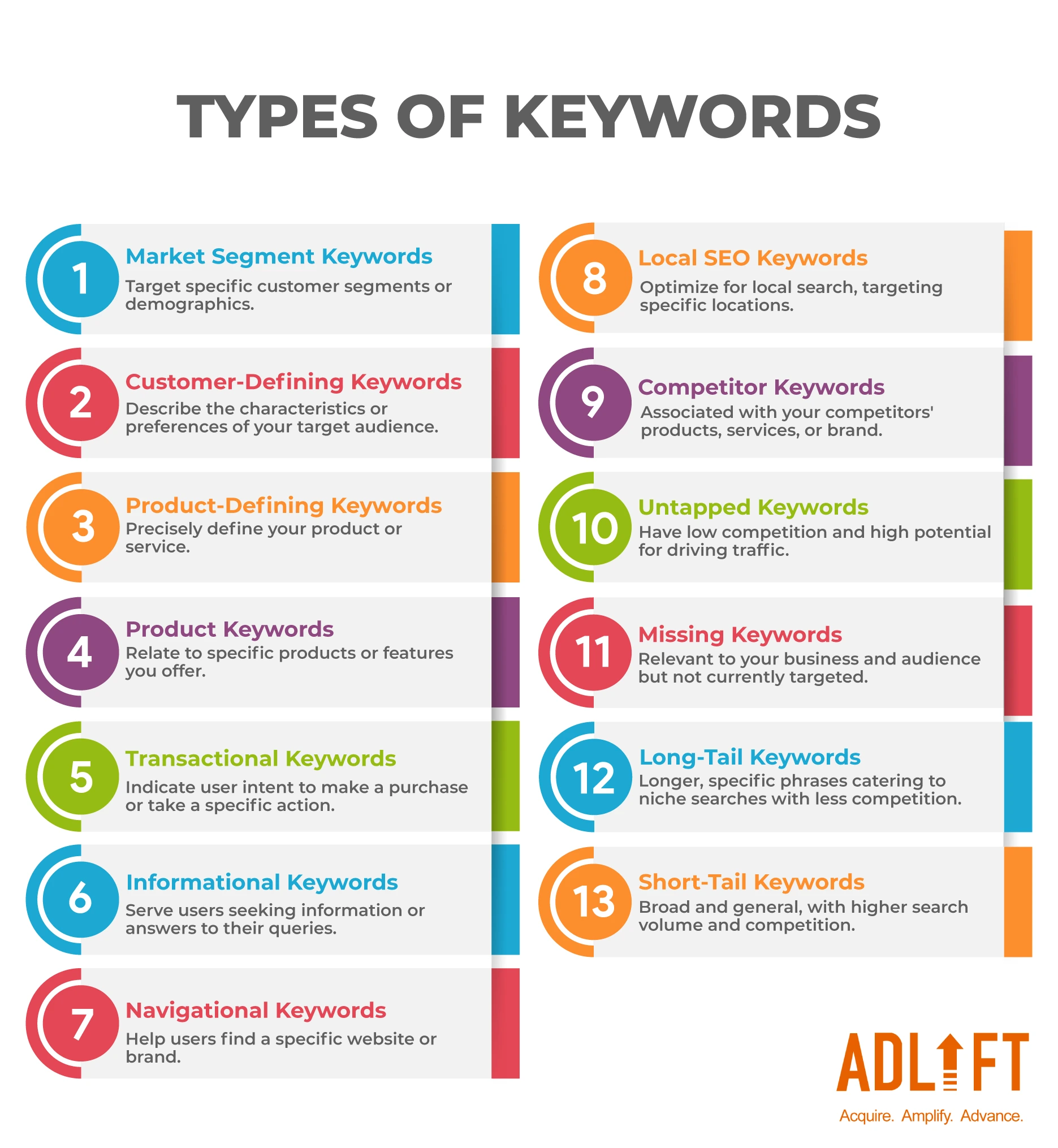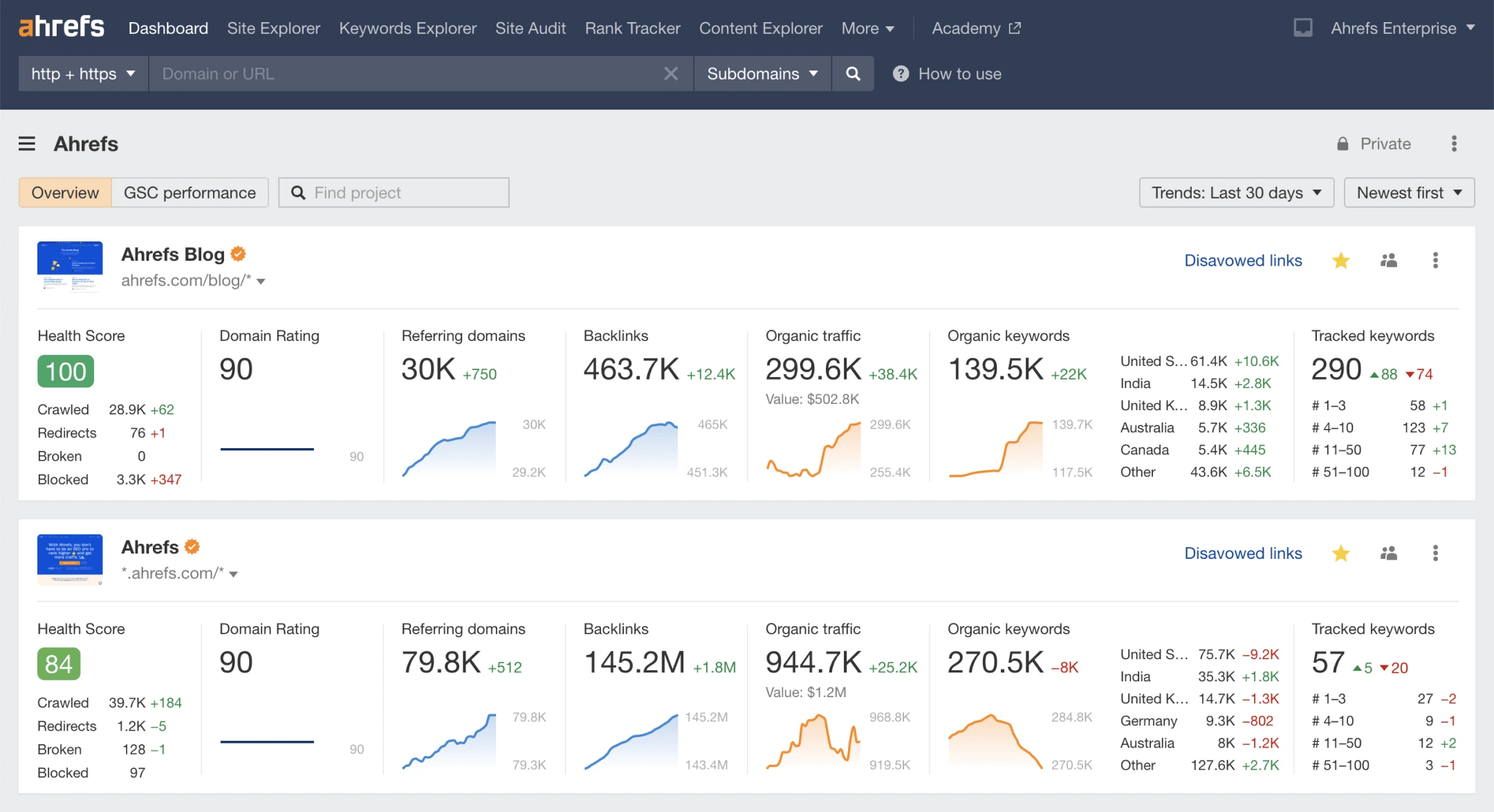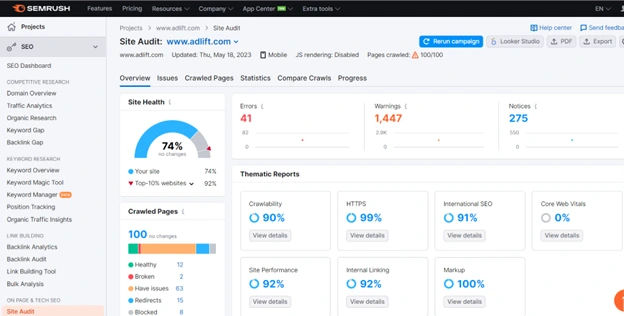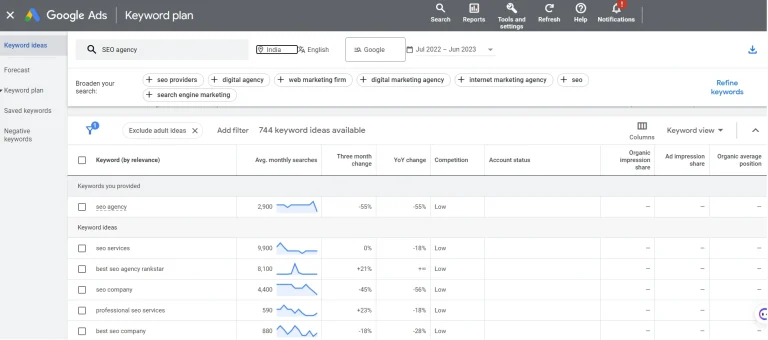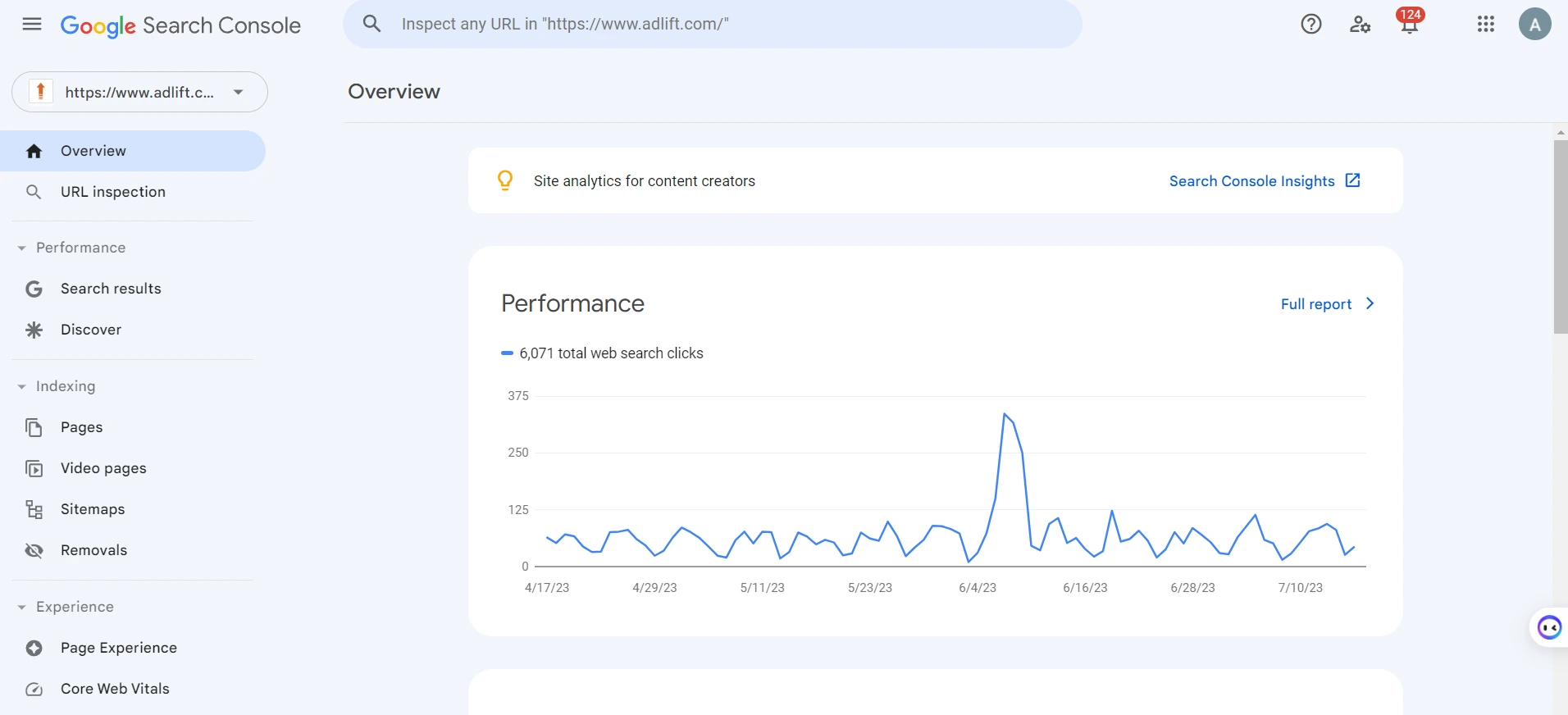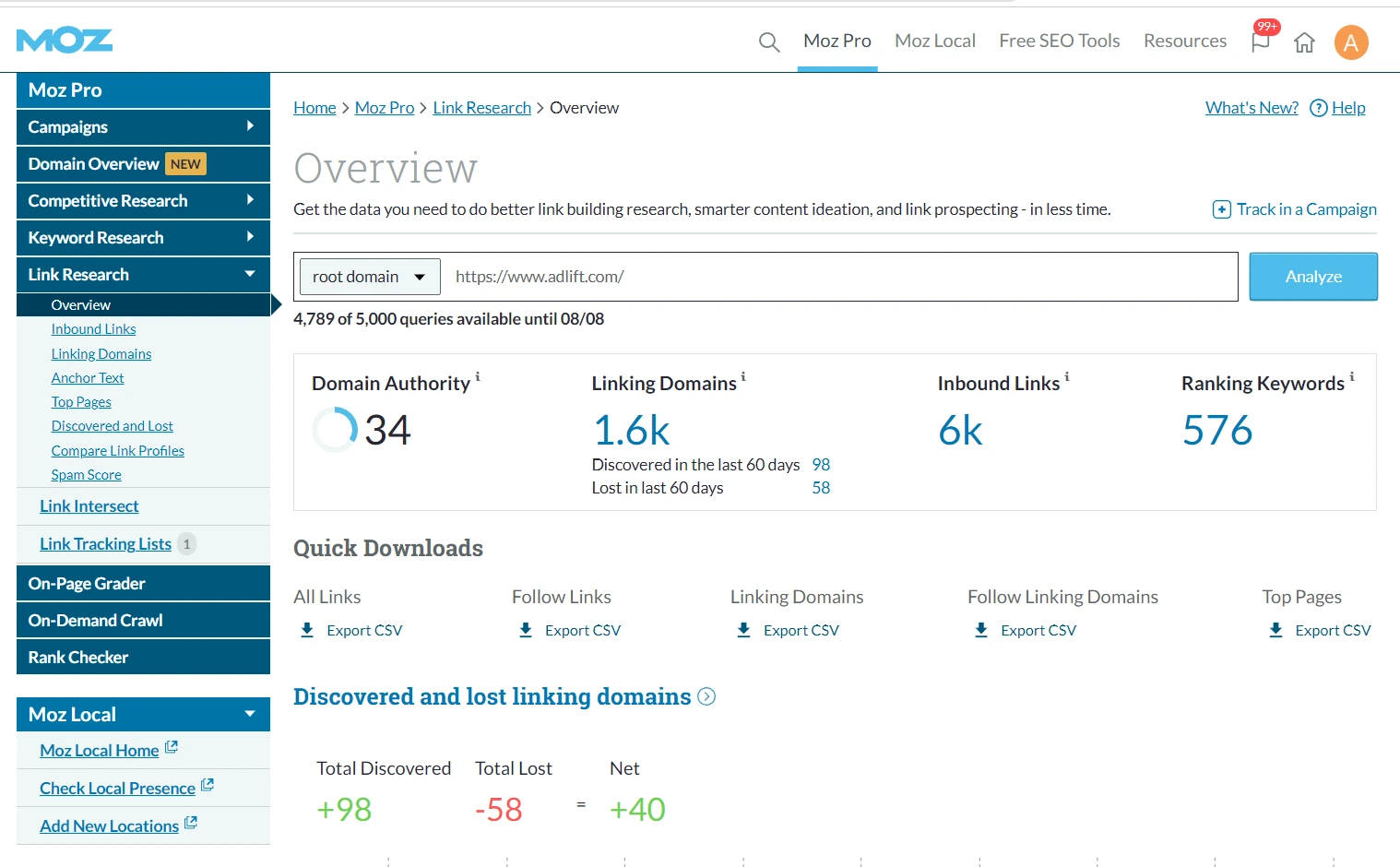What are Keywords & Keyword Research

If there is one thing that SEO cannot do without, it is keywords! Keyword research and keyword analysis is the foundation on which our SEO strategy is laid upon at AdLift. At the outset, keyword research seems easy! Understand your audience, what makes them tick, and list out relevant search words they might use, and voila! Right? Umm wrong! Keyword research and analysis entails an in-depth understanding of keyword research, keyword analysis, keyword tools, keyword planning as well as segmentation. Let’s get started, ready, set, and go.
What are the types of keyword research?
‘Search Queries’ or the words that searchers enter into search engines in the form of phrases or words are called keywords. Primary keywords are the main terms that your target audience is searching for. This determines the kind of traffic that you will get.
You can do keyword research by employing a host of tools and complement this with industry knowledge as well as keeping abreast with the latest in your field.
Market Segment Keywords
Keywords that identify the industry or type of item a user is searching for are called market segment keywords. They can be broad or specific. Example: A person searching for a Keto diet can trigger results from search engines related to the health industry.
Customer-Defining Keywords
Keywords that include a descriptive word or phrase that narrows down the search term to a specific customer demographic are called customer defining keywords. If you sell women’s winter clothes, your customer defining keyword can be ‘women’s winter jackets’.
Product-Defining Keywords
Keywords that define your product best are known as product-defining keywords. Simple! These are the words that a searcher will type in when they are looking for a specific service or product or concept . For example: if you are selling farm-grown fruits and vegetables, your product-defining keyword would be ‘organic’.
Product Keywords
Keywords that explain or describe a brand or a product are called product keywords. For example, when a user types in ‘Latest HP laser printer’ the user is mentioning the type of printer as well as the brand.
Transactional Keywords
These are the words consumers use when they’ve already made up their minds to buy a specific good or service. For example, when a user is prepared to buy a pair of shoes, they will type in “buy running shoes online.”
Informational Keywords
Informational keywords are generally long-tail keywords that consumers use while looking for information. For example: “How to find an old age home”.
Navigational Keywords
Used in the next stage of the purchase cycle, navigational keywords get specific, for example, “Old Age Home in Pune”.
Local SEO Keywords
These are keywords that are specific to a particular location. They are used to optimize a website for local search results. For example: Best SEO agency in Gurgaon, Digital Marketing agency Gurgaon, 360-degree Digital marketing in Gurgaon.
Competitor Keywords
Keywords that contain the name of your competitors are known as competitor keywords. Using competitor keywords can help you appear on the same SERPs as your competitors. For this, you will first need to find your competitors, research them, and list out competitor keywords.
Untapped Keywords
Keywords for which you do not have a ranking, but your competitors do are called untapped keywords.
Missing Keywords
Keywords for which more than one of your competitors are ranking high but you are not, are known as missing keywords.
Long-Tail Keywords
As the name suggests, these are the longest search keywords that target a specific audience/topic. They are easier to rank as they have limited search traffic, thereby also giving them a high conversion rate. An example: ‘Best Gluten free bakery in Mumbai’.
Short-Tail Keywords
Also known as generic keywords, short-tail keywords are brief and contain 1-2 words. For example: carpets.
LSI Keywords
Abstract phrases that search engines use to understand the content of a website are known as LSI – Latent Semantic Indexing – keywords. For instance, if you create a piece on “The Benefits of Eating Eggs,” several search engines will be able to recognize and rank your post, even if you forget to include the word “meal” in your article.
Contextual Keywords
Contextual keywords are words or phrases that are related to the content of a webpage. They are used to help search engines understand the topic and theme of a page, and to determine the relevance of the page to specific search queries. For example, for a webpage about “how to train a dog,” contextual keywords would include “dog training,” “puppy training,” “obedience training,” and “dog behaviour.”
Tools Used for Keyword Research
Given the importance of keywords for your SEO strategy, it is vital that you are able to identify and work with the right kind of keywords. And to ensure that you get the best keywords for your content, there are several tools that can help you out. So, here are some of our most reliable keyword research tools:
Ahrefs
Ahrefs is an exhaustive search engine optimization (SEO) tool that is extensively employed by marketers to conduct keyword research. Ahrefs is famously recognized for its backlink analysis attribute; however, it is also a potent instrument for keyword research. By employing Ahrefs, you can scrutinize and pinpoint high-volume keywords that have minimal competition. This strategy can be helpful in producing content that ranks high on search engine results pages (SERPs). The tool imparts detailed data on keyword difficulty, search volume, and the number of clicks each keyword generates.
SEMrush
SEMrush is another widespread SEO tool that is prevalently employed for keyword research. With SEMrush, you can examine your contenders’ keywords and determine gaps in your content approach. The tool provides comprehensive information on keyword volume, cost per click (CPC), competition level, and trends over time. Additionally, SEMrush suggests related keywords that you might want to target in your content.
Google Keyword Planner
Google Keyword Planner is a no-cost tool provided by Google AdWords. Its purpose is to facilitate advertisers in identifying the appropriate keywords to focus on in their advertisements. Nonetheless, it is also a valuable tool for SEO keyword research. By using Google Keyword Planner, you can pinpoint high-volume keywords and procure data on their competition level and average CPC. The tool additionally provides suggestions for related keywords that you may want to target.
Google Search Console
Google Search Console is a free tool provided by Google that aids you in monitoring your website’s performance on search engines. It provides information on your website’s search traffic, comprising the keywords that are propelling traffic to your site. With Google Search Console, you can pinpoint the keywords that are currently driving traffic to your site and optimize your content for those keywords. The tool also provides recommendations for related keywords that you may want to target.
Moz
Moz is a widely known SEO tool that is frequently utilized for keyword research. With Moz, you can discover high-volume keywords and collect data on their difficulty level, search volume, and competition level. Moz also recommends related keywords that you may want to target. Aside from keyword research, Moz also offers tools for backlink analysis and site audits.
Keywords and keyword research are critical components of any successful SEO strategy. Understanding the different types of keywords, such as market segment keywords, customer-defining keywords, product-defining keywords, transactional keywords, and local SEO keywords, among others, is crucial in determining the kind of traffic that one will get. In addition to industry knowledge, keyword research tools such as Ahrefs play a vital role in conducting keyword research by providing information on keyword difficulty, search volume, and clicks. With the right keyword strategy, businesses can improve their online visibility and attract their target audience.
